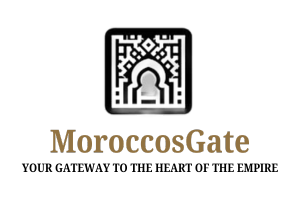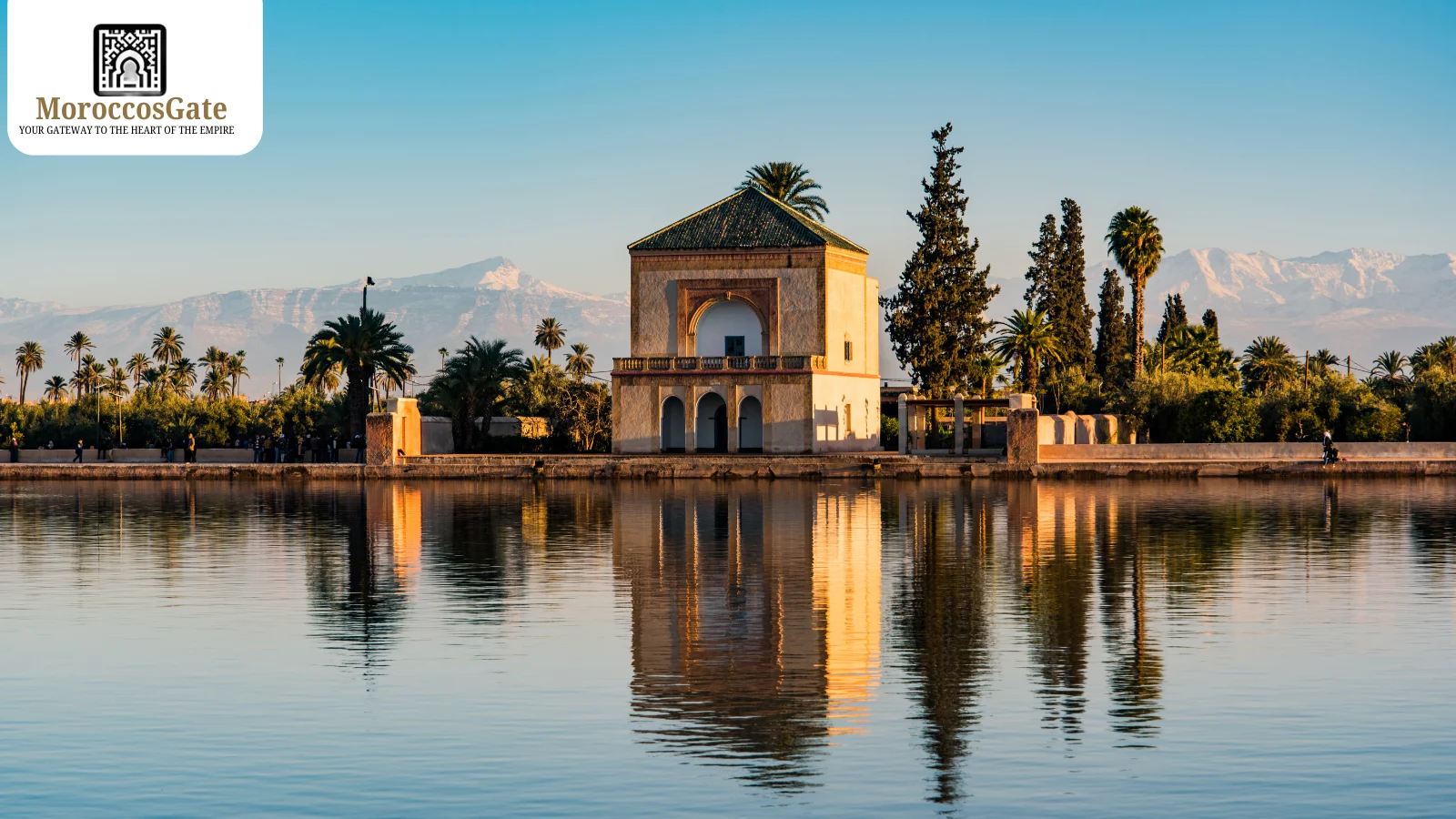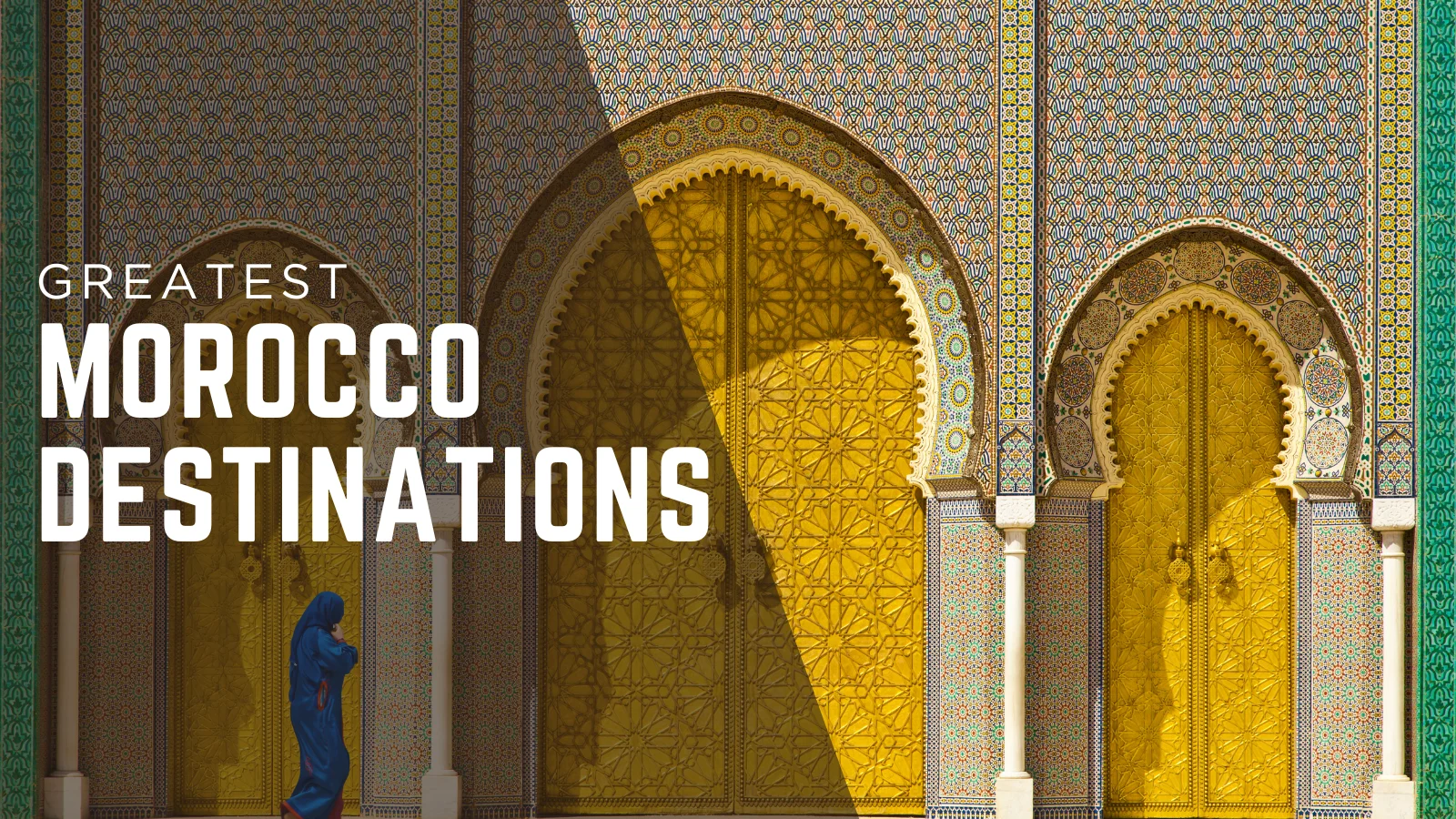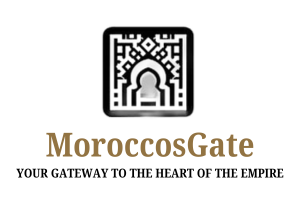Water is a vital resource for Morocco, supporting its people, agriculture, and growing tourism industry. With a mix of natural and man-made sources, Morocco has developed a complex water management system to meet its needs.
Main Sources of Water in Morocco
-
Rivers and Lakes
Morocco’s rivers, such as the Oum Er-Rbia, Moulouya, and Tensift, are essential for freshwater supply. They provide water for drinking, irrigation, and hydroelectric power. -
Dams and Reservoirs
The country has built numerous dams to store and regulate water, ensuring a steady supply during dry periods. These reservoirs help support agriculture and provide drinking water to cities. -
Groundwater and Wells
Many rural areas rely on underground water reserves. Wells and boreholes tap into natural aquifers, ensuring a steady supply for local communities. -
Rainfall Collection
Some regions use rainwater harvesting systems to collect and store water for household and agricultural use. This method is particularly helpful in drier areas. -
Desalination Plants
Morocco has invested in desalination technology to convert seawater into freshwater. This growing sector helps supply coastal cities with clean drinking water. -
Water Recycling and Conservation
Advanced water treatment plants allow for wastewater recycling, which is used mainly for irrigation and industrial purposes, helping to preserve freshwater supplies.
Sustainable Water Management in Morocco
With increasing demand, Morocco continues to develop new projects focused on water conservation, efficient irrigation, and expanding its desalination capabilities.
Explore Morocco and discover its natural beauty! Click here.
#Morocco #WaterResources #SustainableLiving #TravelGuide #EcoTourism #ExploreMore #NatureLover





